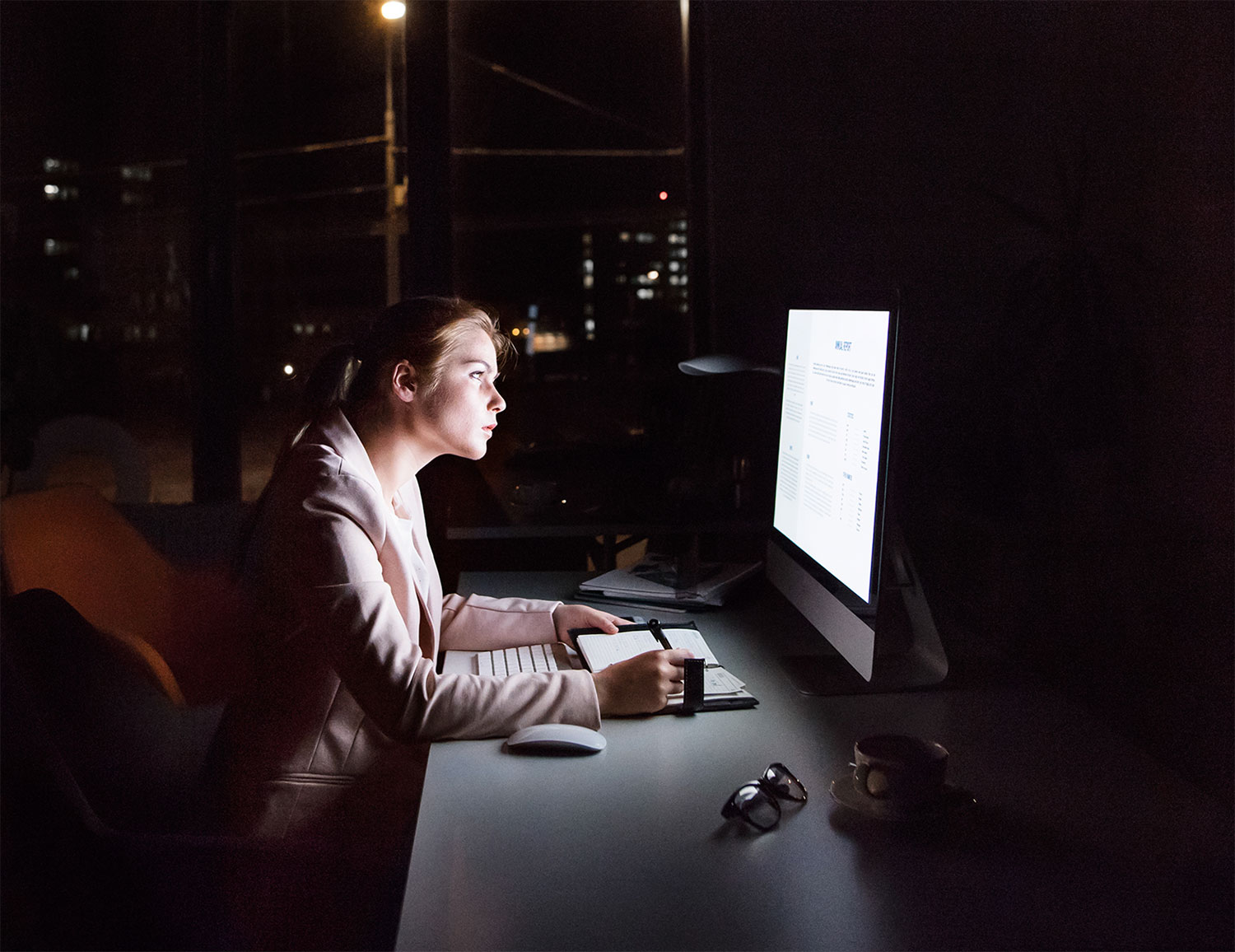OUR BODIES HAVE A NATURAL DAILY RHYTHM: When the sun is up, our energy levels peak, and when it gets dark, we are primed for sleep. However, artificial light allows us to work at any time. An estimated 15 million Americans work through the night, and new research suggests their labor comes with a physical toll—those workers seem to have an elevated risk of developing cancer.
In a meta-analysis published in Cancer Epidemiology, Biomarkers & Prevention in January 2018, researchers at West China Hospital and Sichuan University’s West China Medical School in Chengdu reviewed data from nearly 4 million participants in studies reported in 61 articles examining the potential link between night shift work and cancer risk. The researchers were specifically interested in studying women, who fill a large proportion of long-term night shift positions, like nursing jobs. Women who worked the night shift were 32 percent more likely to develop breast cancer, 41 percent more likely to develop skin cancer, and 18 percent more likely to develop digestive tract cancers than women who did not work the night shift. According to the researchers’ estimates, women’s risk of breast cancer increased by 3.3 percent for every five years of night shift work performed.
“Circadian rhythm disruption functions as a carcinogen,” says Xuelei Ma, an oncologist at Sichuan University’s West China Medical Center and a co-author of the meta-analysis. For example, he explains, the body usually releases melatonin in the evening in preparation for sleep, but artificial light cues the body to suppress this process. Melatonin is thought to prevent tumor growth, so its suppression could increase cancer risk. Night work also disturbs the expression of certain genes that control cell death and DNA repair, mechanisms that are important for keeping cancerous cells in check. However, more research is needed to understand the underlying causes of this heightened cancer risk.
Ma concedes that his findings are unlikely to persuade businesses to change their practices. “Night shift work has become an unavoidable attribute of today’s 24-hour society,” he says.
Cancer Today magazine is free to cancer patients, survivors and caregivers who live in the U.S. Subscribe here to receive four issues per year.





